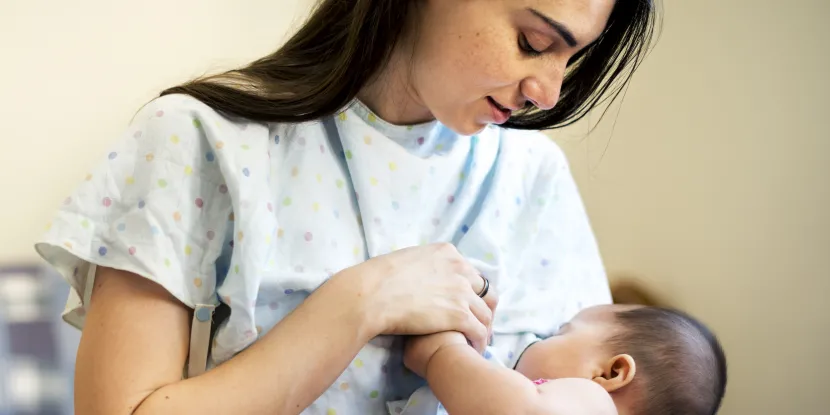Nearly 200,000 women in California are living with breast cancer.
Studies have shown that breastfeeding can reduce breast cancer risk, both in the practice of breastfeeding and the duration of time a person breastfeeds, with longer durations associated with increased benefits. Yet many barriers exist, particularly among Asian, Black, and Native Hawaiian and Pacific Islander (NHPI) populations.
To improve rates of breastfeeding, a team of researchers at the UCLA Center for Health Policy Research (CHPR) conducted a study to understand the attitudes toward breastfeeding within these communities, perceived barriers to breastfeeding, and resources that are available to help people effectively breastfeed.
Through the study of mothers of newborns, maternal care providers (including physicians, nurses, lactation consultants, and doulas), and community advocates for child and maternal health, authors gained insights into the barriers to initiating and continuing to breastfeed, particularly among women who enter or return to the workforce.
Based on interviews, as well as on literature and policy reviews, authors identified three key areas — workplace accommodations, family leave policies, and access to lactation services — and developed a series of policy notes that provide recommendations for improving these barriers.
Join us as AJ Scheitler, EdD, lead author and director of development, engagement, and strategic planning at UCLA CHPR, walks through study findings and policy interventions that can increase awareness of breastfeeding as a way to reduce breast cancer risk and to increase support for breastfeeding where women live, work, learn, worship, and play.






